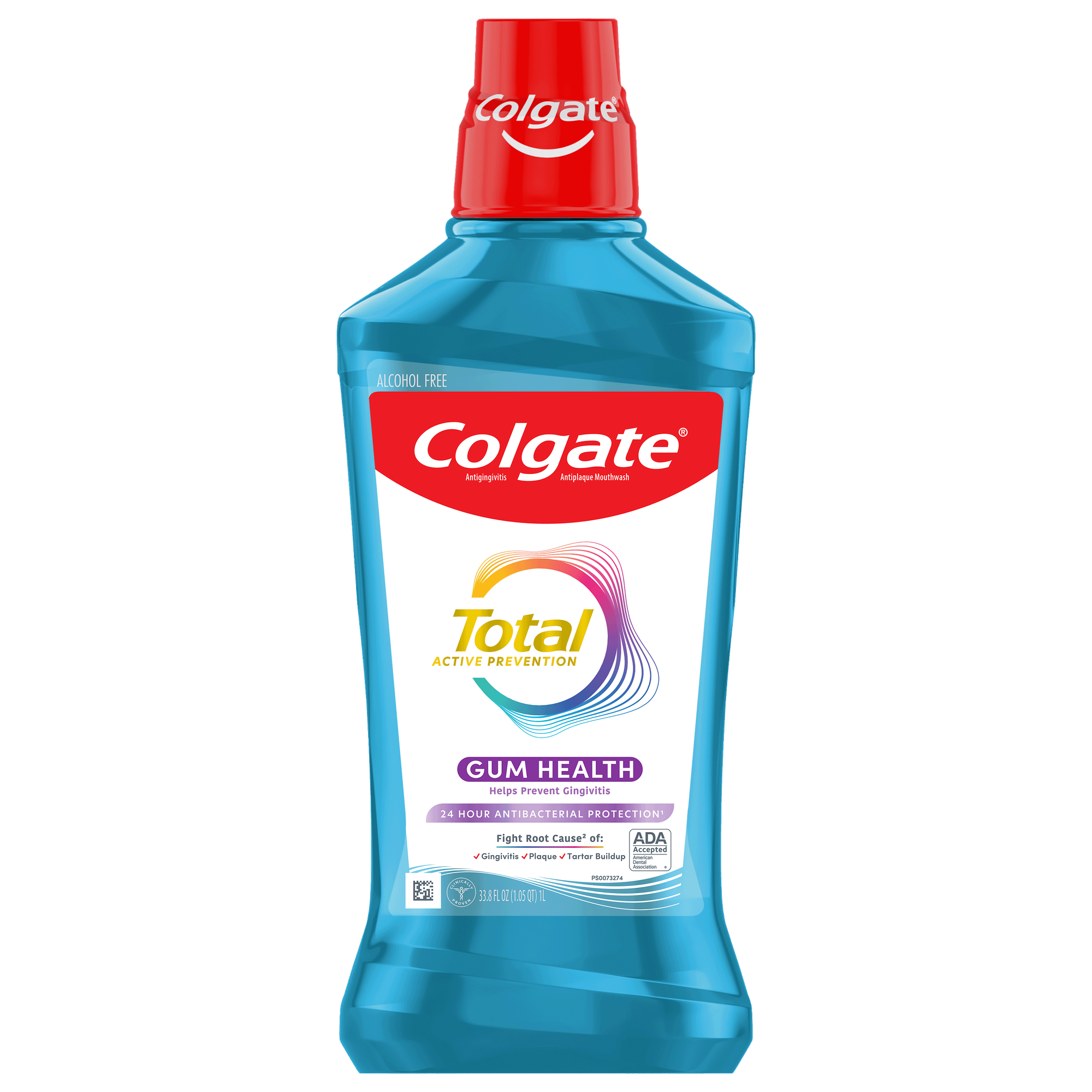One way to relieve your concerns is to arm yourself with information. So, we've provided some tips for managing your discomfort. And we'll let you know what to expect throughout the process – from the first moment you get your braces through orthodontia adjustments.
Day One: Placement of Braces
You should experience no pain when your orthodontist applies braces to your teeth. Of course, every person's tolerance for pain and discomfort is different. But during the procedure lasting 90 to 120 minutes, you should know it's not supposed to hurt. Definitely alert your orthodontist of any discomfort.
Immediately after getting braces, you should be able to go about your day. What and how you eat is the only thing you'll need to do differently. It's best to stick with softer foods you don't need to chew – or require minimal chewing – for the first few days.
Before getting braces, it'd be a good idea to stock up on a couple or three days' worth of soup, yogurt, mashed potatoes, mac and cheese, yogurt, applesauce, pudding, and ice cream. (That sounds pretty good, doesn't it?) If you slip in some chewy food, it might take you longer to eat meals as you adjust to chewing with braces.
First Few Days After Application of Braces
When your teeth begin to move as they align, you might feel some discomfort. You'll still be getting used to the pressure of the orthodontic hardware (or "appliances" in ortho-speak) on your teeth.
If you're still feeling any discomfort after about three days, consult your orthodontist. Your braces should be applying gentle pressure, so a few days should be enough time to adapt.
After Each Orthodontic Appointment
During the two to three years of wearing braces, you'll need to visit your orthodontist for periodic adjustments.
As your braces slowly work to realign your teeth to achieve the perfect bite, you'll probably be eating as normal (or close to it) and cleaning your teeth more often. So, about every six to 10 weeks, your orthodontist will do a braces check-up and adjust the hardware to ensure it continues to do its job.
You might feel some discomfort for a few days after each orthodontist adjustment appointment. Any soreness you feel should be similar to what you felt the first few days after getting braces.
Tips for Dealing with Discomfort
During your orthodontic treatment, you might occasionally experience swelling, headaches, or gum irritation. For those conditions and any discomfort post-adjustment, the American Association of Orthodontists (AAO) suggests these remedies:
- Warm saltwater rinse – Add one teaspoon salt to one cup of water.
- Over-the-counter pain medications – Be sure to follow package instructions for such pain relievers as acetaminophen or ibuprofen.
- Soft, cold foods – Ice cream (yay!), frozen yogurt, or flavored ice pops will do.
- Orthodontic relief wax – You can get this at your local pharmacy or from your orthodontist. A small amount can keep your braces from rubbing against the inside of your mouth.
Besides the discomfort you feel a few days after first getting braces, and after each adjustment, you might forget you're wearing braces. (Wouldn't that be great!) We never want your braces to be painful. So, now that you have the information to ease any ache, soreness, or irritation, enjoy your life with braces. Before you know it, your braces will have done their work to give you a flawless bite and a dazzling smile.
This article is intended to promote understanding of and knowledge about general oral health topics. It is not intended to be a substitute for professional advice, diagnosis or treatment. Always seek the advice of your dentist or other qualified healthcare provider with any questions you may have regarding a medical condition or treatment.
ORAL HEALTH QUIZ
What's behind your smile?
Take our Oral Health assessment to get the most from your oral care routine
ORAL HEALTH QUIZ
What's behind your smile?
Take our Oral Health assessment to get the most from your oral care routine















